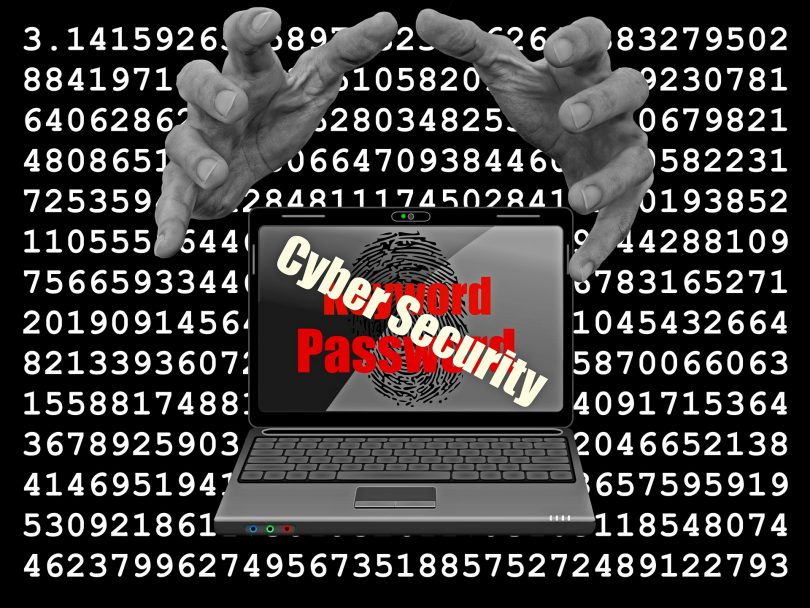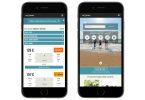In the second part, we will continue debunking common privacy myths beginning with Facebook’s Cambridge Analytica argument which raised some serious concerns for users across the board. We all know that Facebook has a wide range of different settings, which can be fine-tuned further to make your account as closed or as open as possible. It’s imperative to explore all of them alongside understanding how exactly they work.
Moreover, it’s at the heart of the recent Cambridge Analytica controversy. In fact, the 2.2 billion daily active users were simply astonished when it was revealed that the company accessed the data of millions of users without even having to worry about their consent and used it to help the Donald Trump election campaign in the United States.
Therefore, make sure that you do not trust every app or company you’ve added. Do you have enough idea about how exactly your data is being used? Or do you need that application to access everything that it has asked for? These are crucial questions that involve a tradeoff with convenience or functionality on one end & privacy on the other. So let’s dive in & check out some more myths;
MYTH 1: ANY VPN YOU CHOOSE WILL KEEP YOUR TRAFFIC SAFE & PRIVATE
First of all, be mindful that all the VPNs weren’t created the same way. If you want to ensure the maximum privacy, make sure that you choose to use one only. They might seem quite fascinating but never use free VPN services. Keep in mind, when you’re getting a valuable service for free by a for-profit company, you’re the product, not the customer.
As we all know, there are so many ways to run VPNs for free, but they’ll surely involve monetizing users’ data. Either it’s about selling your traffic logs or injecting ads into the sites you visit, which doesn’t turn out to be much more privacy. Perhaps that’s the reason why experts recommend using the paid, full-featured VPN service that doesn’t track its users.
MYTH 2: YOUR PHONE CHOOSES THE MOST SECURE INTERNET CONNECTION
Well honestly, the situation is quite converse here. In fact, you phone chooses whichever connections you allow it to. So just ensure that you review all the settings thoroughly. If you often use the public Wi-Fi hotspots, you are more prone to compromise your privacy and security. In case you use them regularly, make sure to secure the traffic using VPN.
Some people have their phone set to connect to open hotspots automatically. It needs to be turned off immediately as the public Wi-Fi hotspots happen to be the most vulnerable and a perfect place for hackers to penetrate data from unsuspecting users. Try using the phone’s mobile data service as the 4G is often encrypted and is seriously much harder to intercept. Your privacy is your responsibility at first.
MYTH 3: OFFLINE DEVICE IS TOTALLY SAFE
I believe that staying disconnected is the best yet the most convenient way to keep my devices secure. As hackers work online, I am not at all likely to get hacked if I have no internet. If you think so too, we’re on the same track, but honestly, both of us are wrong.
If you don’t have enough idea, viruses & malware can easily spread via physical data storage as well. If you’ve heard about the notorious Stuxnet worm that was used to incapacitate Iran’s uranium enrichment efforts, it was penetrated using infected USB flash drives. Just like this, other malware and viruses are going at doing the same.
Therefore, just make sure that your system can keep a thorough check and quarantining files introduced using CDs or USB drives even if your system has no internet connection.
Quick tip:
Whenever you happen to upload any file through cloud computing, make sure it’s not infected as it may infect the entire server online. PCI compliant cloud hosting would definitely help you here with the best security.
Summary
Do you want to learn more about debunking common online privacy myths for better security? Just check out the article now.







